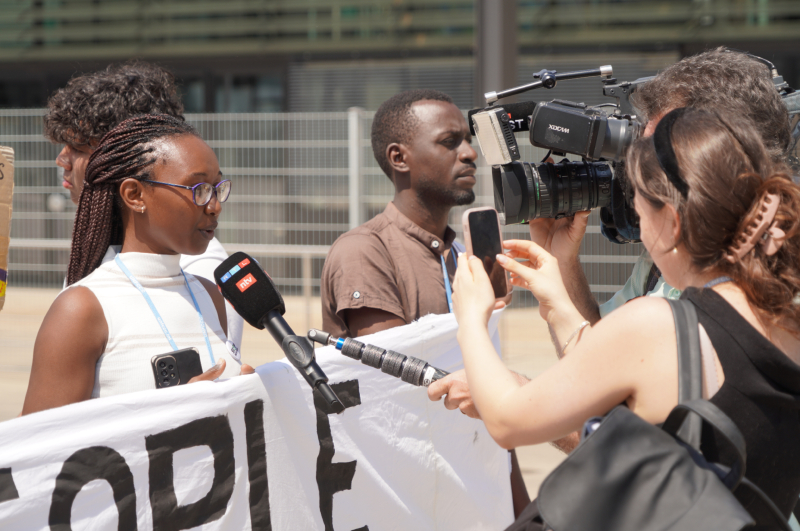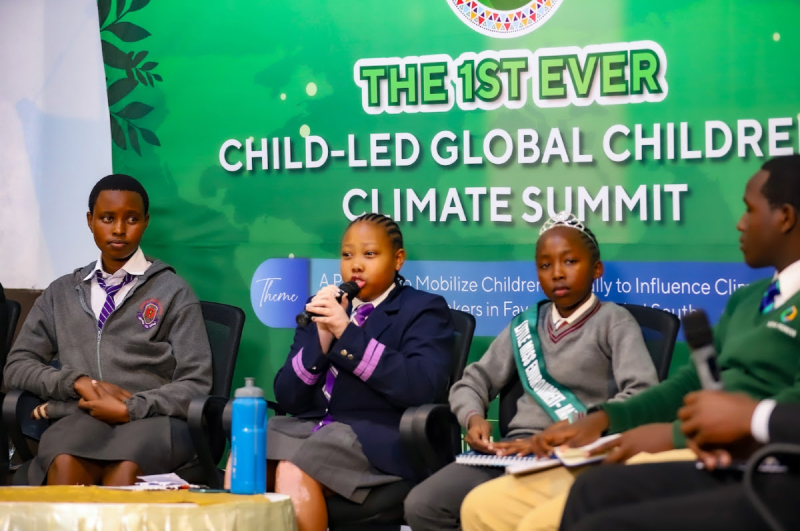

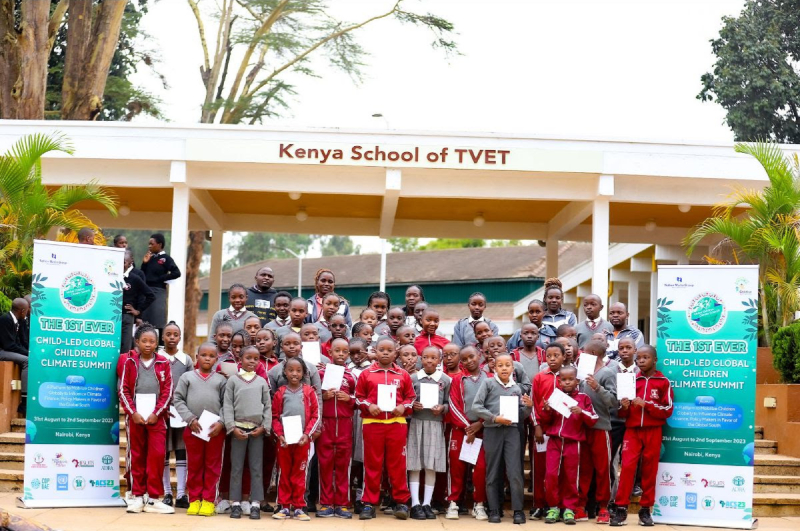

Theme: A Platform to Mobilize Children Globally to Influence Climate Finance, Policy Makers in Favor of the Global South
The Global Children's Climate Summit (GCCS) kicked off on 31 August 2023 on a high note. This 3-day event is a Child-led initiative towards empowering children to take action on matters ecology and social justice, and is expected to be the beginning of a global movement of children that are both aware and want to take action on this critical issue that have disproportionately affected them.
Over the next three (3) days, the children will deliberate upon various issues affecting them with regards to climate change culminating in an outcome statement that the Children will be present to African Presidents at the upcoming Africa Climate Summit (ACS 2023), and later on and COP28.
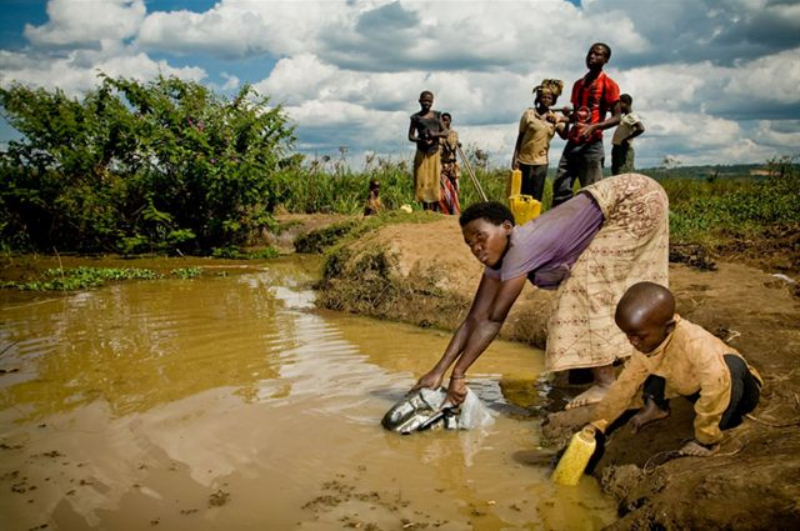 Climate change dries rivers, keeps children out of school
Climate change dries rivers, keeps children out of school
Why we are concerned
The impact of climate change is not limited to a distant future; its effects are already being felt today. And while we all share some responsibility for the crisis at hand, it is our children who are set to inherit a world profoundly transformed by environmental degradation. Therefore, it is imperative that we involve children in the fight against climate change, not only for their own sake but also from a social justice and ecology perspective.
From a social justice standpoint, the need for children's participation in climate action is evident. The burden of climate change is disproportionately placed on the most vulnerable populations, and children fall into this category. Girls, for instance, are particularly vulnerable to the impacts of climate change, as they often face increased risks of violence, exploitation, and early marriage during times of environmental crisis. Children living in low and middle-income countries are also disproportionately affected, as they lack the resources and infrastructure to cope with climate-related disasters. Furthermore, children with disabilities, refugee and internally displaced children, and those living in conflict settings face even greater challenges in adapting to the changing climate. By involving children in climate action, we can ensure that their voices are heard and their unique needs are taken into account.
An ecological perspective further underscores the importance of children's participation in addressing the climate crisis. Children have a vested interest in safeguarding the planet for future generations. By involving them in climate action, we provide them with the knowledge, skills, and motivation to become agents of change. Education plays a crucial role in this regard, as it equips children with the tools necessary to understand the complexities of climate change and empowers them to take action. By involving children in initiatives such as tree planting, recycling programs, and energy conservation projects, we cultivate a sense of environmental responsibility from an early age. Moreover, by actively engaging children in decision-making processes, we ensure that their perspectives and ideas contribute to the development of sustainable solutions.
Importance of this Summit
We must recognize that children are not merely passive recipients of climate change impacts; they are also agents of change in their own right. Involving children in climate action not only benefits them but also enriches the environmental movement with fresh perspectives and innovative ideas. By engaging children, especially those from marginalized communities, we can address their unique needs and vulnerabilities. Furthermore, involving children in climate action from an ecological perspective furthers their understanding of the interconnectedness of human well-being and environmental health. By empowering children to be agents of change, we create a more inclusive and sustainable future. Therefore, it is imperative that we actively involve children in climate action, providing them with a platform to voice their concerns, ideas, and aspirations. Only then can we forge a path towards a more just and ecologically responsible world.
Related Articles
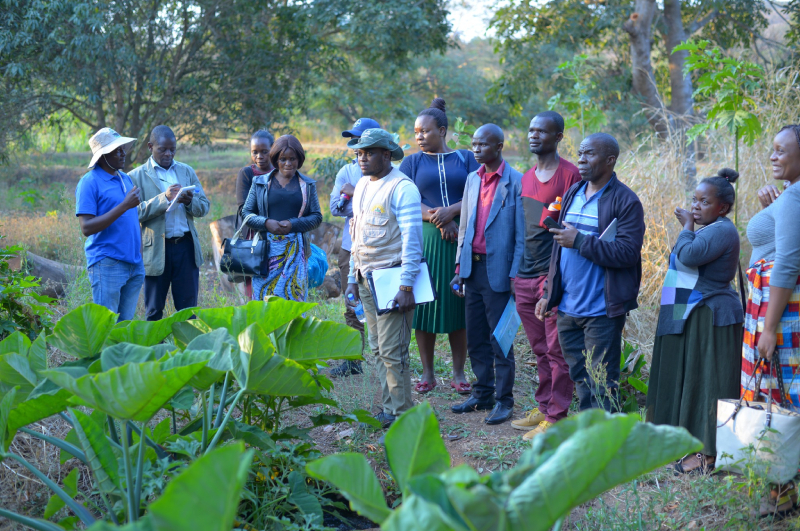
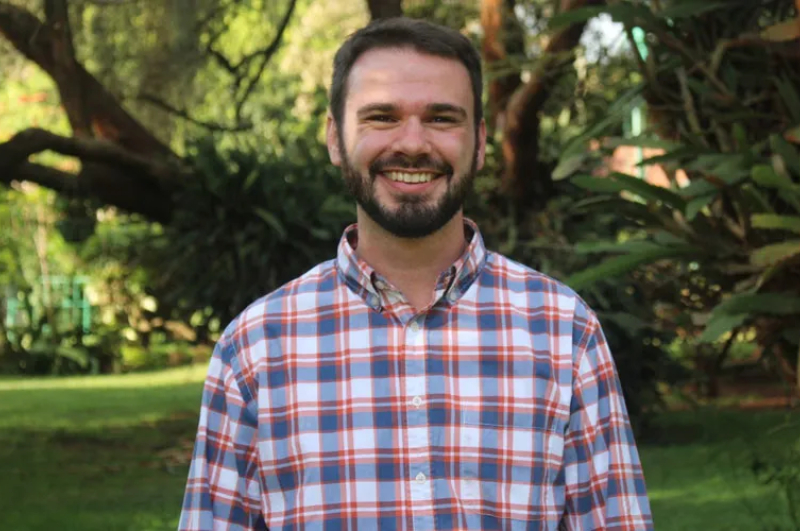
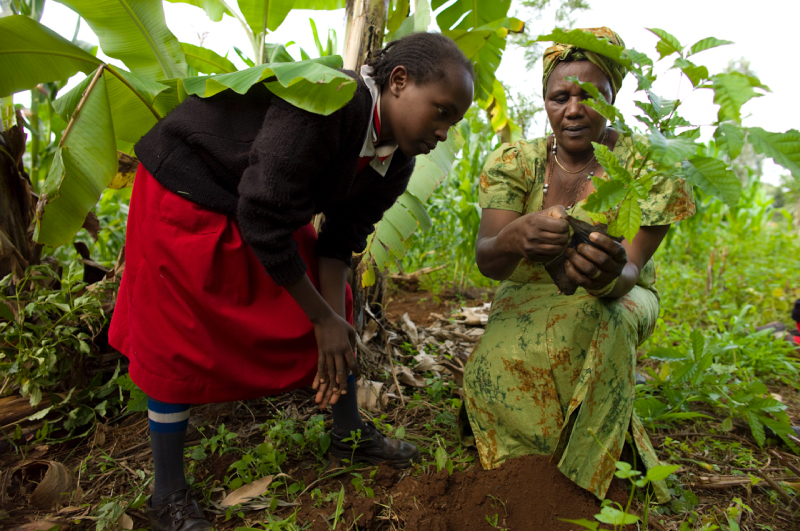
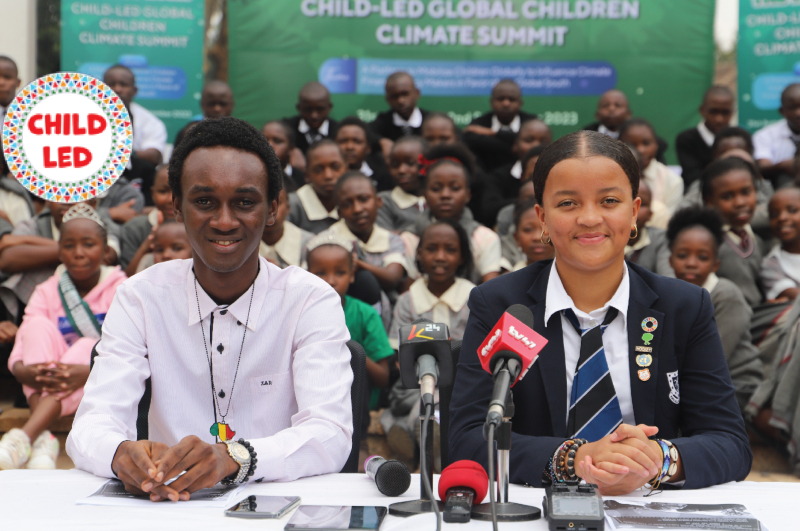
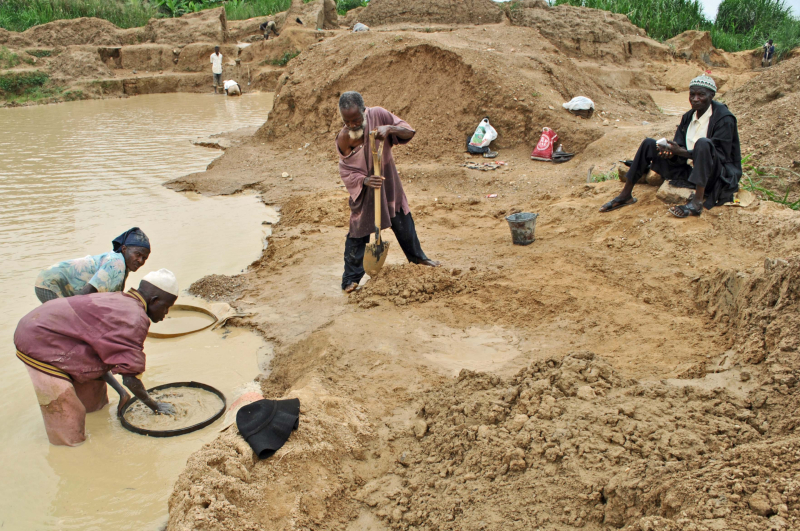
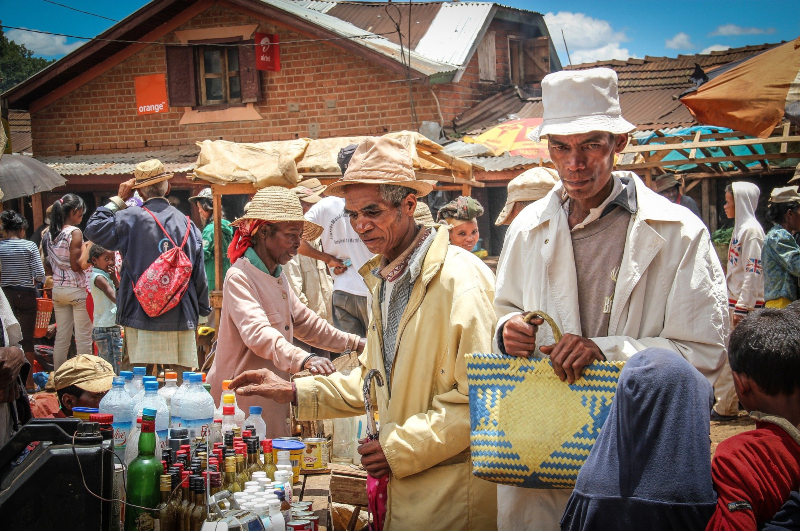
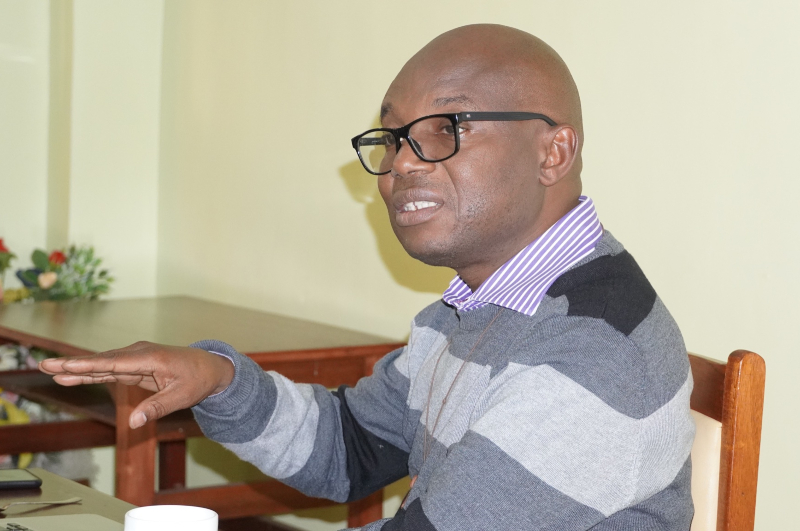
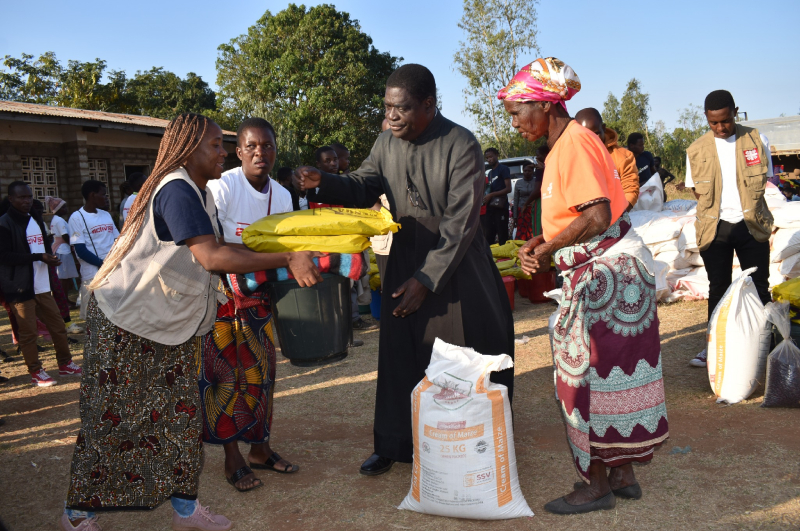
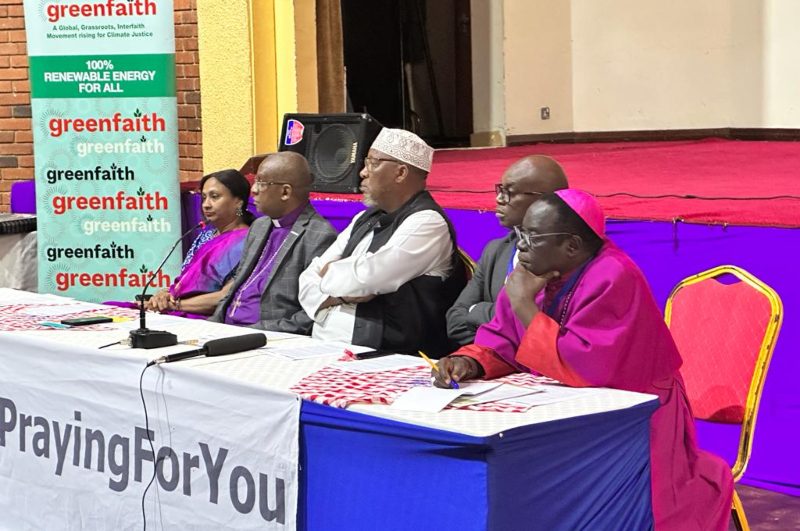
Select Payment Method
Pay by bank transfer
If you wish to make a donation by direct bank transfer please contact Fr Paul Hamill SJ treasurer@jesuits.africa. Fr Paul will get in touch with you about the best method of transfer for you and share account details with you. Donations can be one-off gifts or of any frequency; for example, you might wish to become a regular monthly donor of small amounts; that sort of reliable income can allow for very welcome forward planning in the development of the Society’s works in Africa and Madagascar.
Often it is easier to send a donation to an office within your own country and Fr Paul can advise on how that might be done. In some countries this kind of giving can also be recognised for tax relief and the necessary receipts will be issued.


